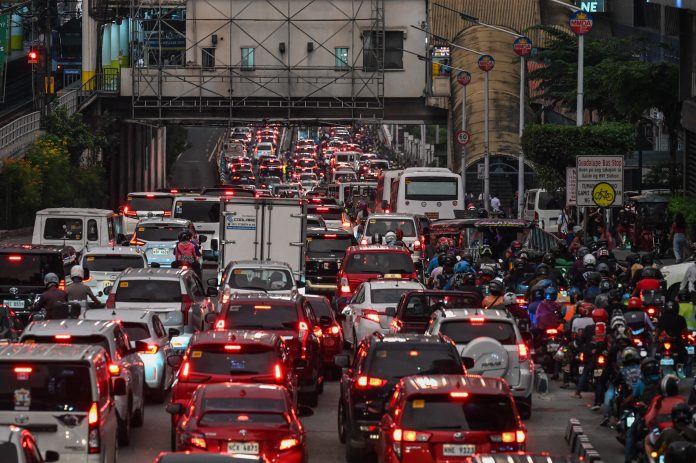Transport group PISTON has called for stronger protections for small public transport workers, warning that recent government policies are endangering the livelihoods of jeepney, tricycle, and motorcycle taxi drivers across the country.
“In general, we are seeing the systematic dismantling of small-scale transportation in favor of systems controlled by corporations and focused on maximizing their profits,” said PISTON national president Mody Floranda.
In a statement, the group cited the Department of Transportation’s (DOTr) new department order—DO 2025-009—as a continuation of the controversial franchise consolidation scheme under the Public Utility Vehicle Modernization Program (PUVMP).
PISTON slammed the order as “tone-deaf,” saying it ignores previous concerns raised in dialogues with the agency and fails to offer safeguards for small operators.
The group also reiterated its opposition to the No-Contact Apprehension Program (NCAP), describing it as a punitive, profit-driven system that violates due process and disproportionately affects low-income drivers.
“As long as the government does not address the real roots of traffic violations, NCAP will remain a cash cow for the MMDA and their partner tech firms,” Floranda said.
PISTON further raised concern over the recent mass layoffs of MoveIt riders, saying the incident highlights the absence of labor protections for platform-based workers in the motorcycle taxi sector, which continues to operate without clear regulatory guidelines.
They also criticized the government’s inaction amid rising fuel prices, warning that the combined impact of deregulated oil pricing, tax burdens, and policy reforms could lead to widespread income loss, fare increases, and reduced access to affordable transportation.
Among the group’s key demands are the scrapping of the PUVMP and the forced franchise consolidation, the renewal of five-year validity for all public utility vehicle franchises, and the abolition of NCAP in favor of fair and transparent traffic enforcement.
They also called for the removal of VAT and excise taxes on fuel, the repeal of the Oil Deregulation Law, and the establishment of stronger labor and wage protections for platform-based transport workers.
“What we are demanding are changes that include us, that recognize and respect our livelihoods, and do not leave behind thousands of drivers and small operators,” said Floranda.









